Interview with Link Convenor 2019
Network Objectives
Network 14 provides a forum for the development of research-informed knowledge in the field of Education, with a specific interest in the relationships between communities, families and schools.
The main aim of the network is to discuss and reveal the influences in and between these different contexts for the communities’ educational development, and to be an arena for discussing the European relevance of this research.
Research Areas
More specifically, Network 14 focuses on the following research areas:
- Studies of transitions between home and school, phases of school or school to adult life, particularly comparisons of the effects of transition at different stages over “time” within the life course perspective. Research that focuses on the significance of educational transitions (e.g. longitudinal studies) perceived by pupils, families or school communities and which reflects the interconnection between transitions and well-being in the school community are especially welcomed.
- Studies of learning and teaching in unusual or atypical conditions, in rural vs. urban settings or in small vs. large schools which reveal the variation or the characteristics of schooling in different kinds of pedagogical environments. Research that focuses on place-based and place conscious education and includes comparisons related to differentiation, learning environment, use of local/regional culture or co-operation between rural schools and community (e.g. comparative studies of rural education) are strongly encouraged.
- Studies of family education, in which the education is understood to include not only formal institutions like schools but also child-rearing and upbringing of children at home, i.e. parenting. Research that focuses on relations within families and their effects on education and focus on the relations of families, educational institutions and communities are of particular interest.
- The network follows a pragmatic line on methodological issues e.g. on how to study transitions, community-school relationships or family education in changing regional, societal or pedagogical situations. The network welcomes a variety of approaches to research and analysis, whether this involves large- or small-scale studies, qualitative or quantitative data, longitudinal or cross-sectional data, single in-depth or comparative, multiple case studies. Papers concerned with methodological or analytic issues or innovation associated with any of the Network’s areas of interest are encouraged.
Subthemes of Research
- Schooling in rural and urban settings.
- Place based and place conscious education – the community active school and environmental sustainability.
- School related transitions within a life course perspective (between home and school, phases of school or school and community/ adult life)
- Family education and parenting – cultural, technological and multicultural aspects of school-family-community partnerships.
- Policies and actions related to co-operation and dialogue among social actors to promote school-family-community links.
Related Posts on the EERA Blog
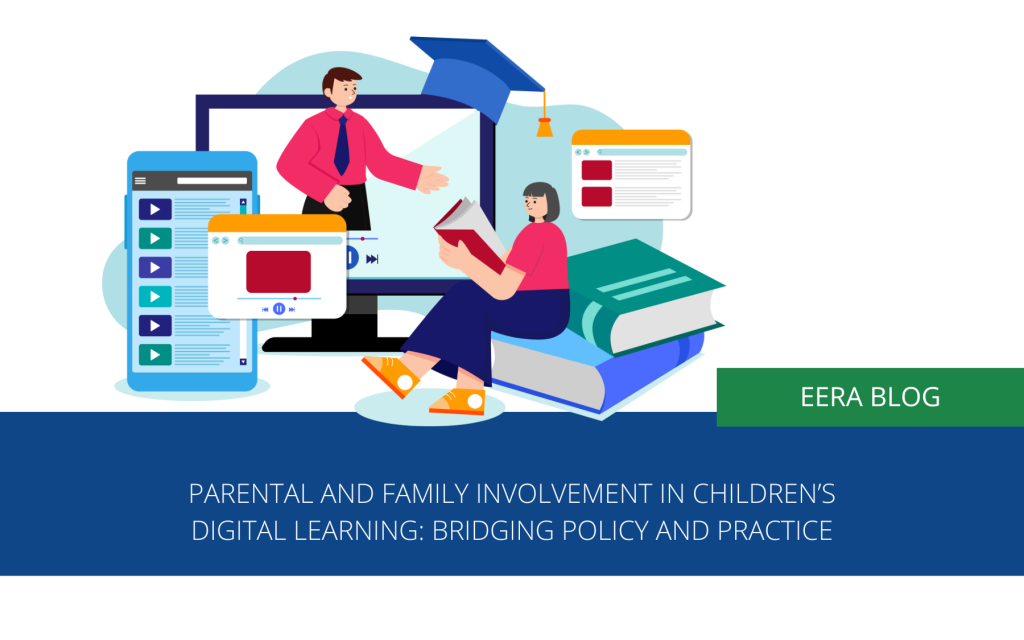
As education systems adapt to the demands of the digital age, preparing students to live and learn in a technology driven world has become a pressing priority. The successful integration of digital technologies in education is a complex, multi-faceted process that depends on several interrelated factors, including the crucial role of family support and socio-economic conditions.
The post Parental and Family Involvement in Children’s Digital Learning: Bridging Policy and Practice appeared first on EERA Blog.
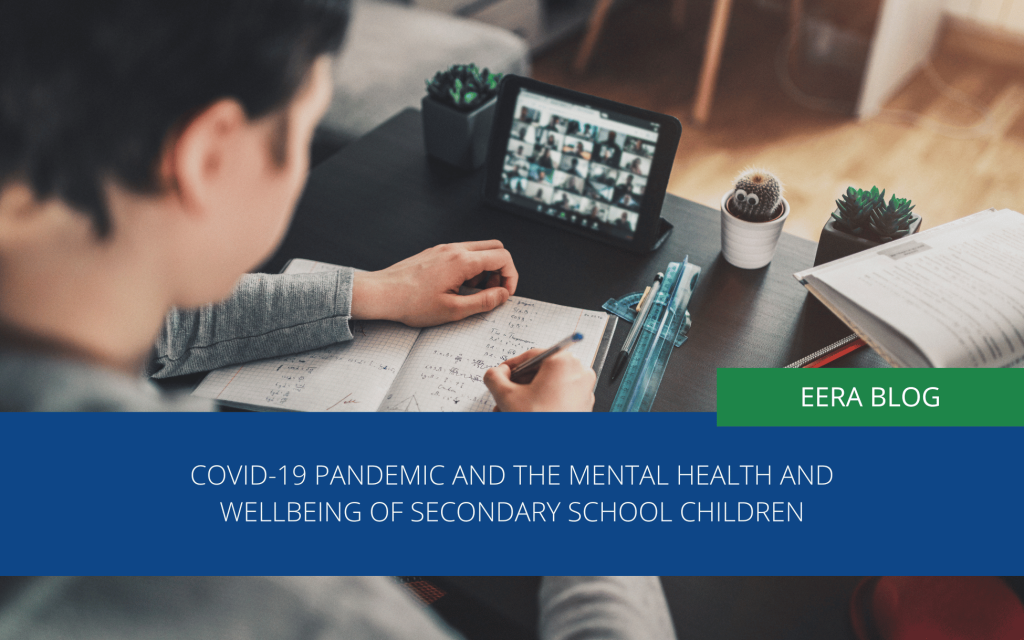
Research into the impact of the COVID-19 pandemic on the mental health and wellbeing of school children in England suggests that a holistic response is needed.
The post COVID-19 pandemic and the mental health and well-being of secondary school children appeared first on EERA Blog.
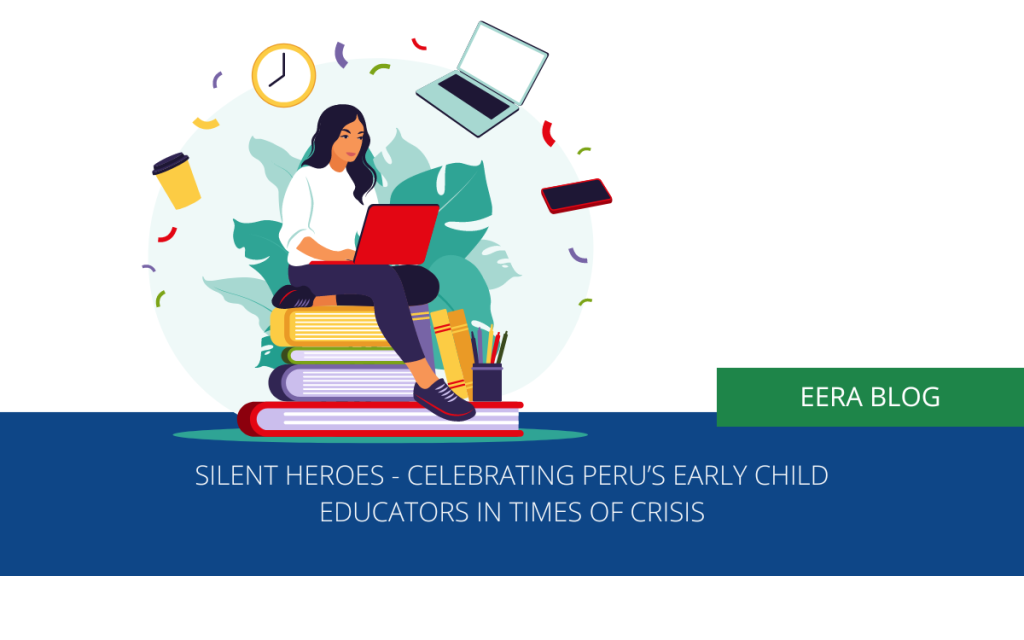
During the COVID-19 lockdown in Peru, the development of positive interactions of teachers with parents was critical, as was the fostering of supportive relationships with peers
The post Silent heroes – Celebrating Peru’s Early Childhood Educators in times of crisis appeared first on EERA Blog.
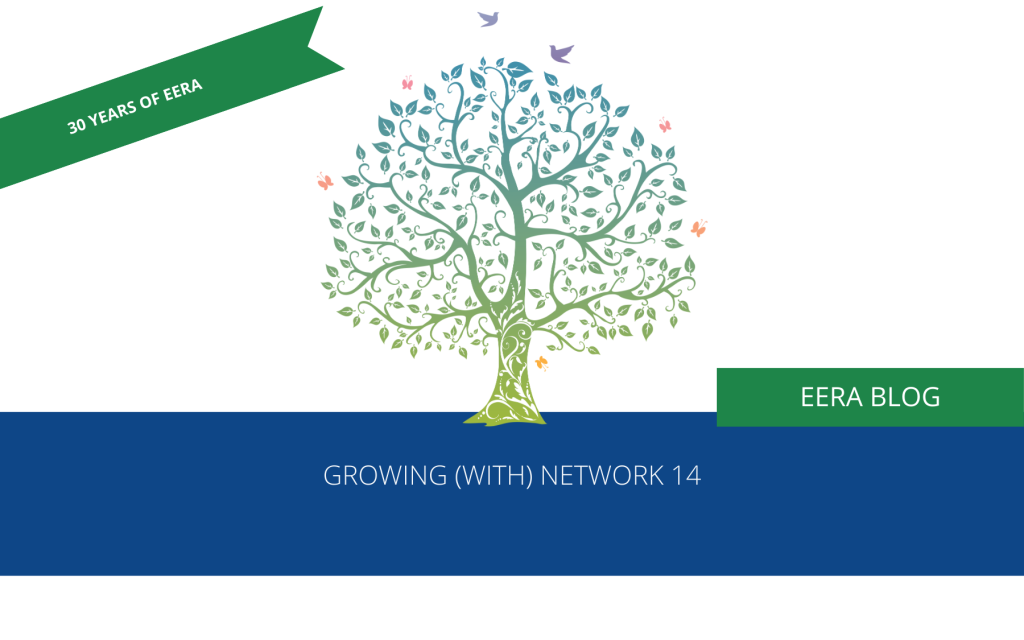
As part of our 30 years of EERA celebrations, Dr Joana Lúcio reflects on her time as Link Convenor of Network 14, and her professional and personal growth.
The post Growing (with) EERA Network 14 appeared first on EERA Blog.
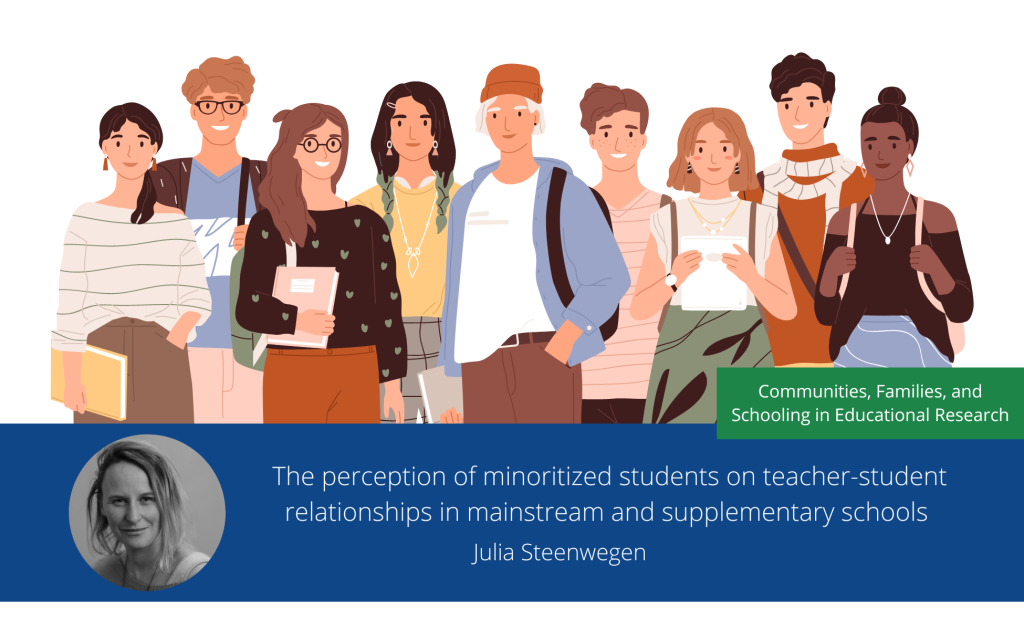
Supplementary schools pose an interesting vantage point from which to study the perspectives of minoritized pupils. For example, pupils describe that they feel better emotionally supported by their teachers in the mainstream school when they show an interest and open attitude towards their ethno-cultural background.
The post The perceptions of minoritized pupils on student-teacher relationships appeared first on EERA Blog.
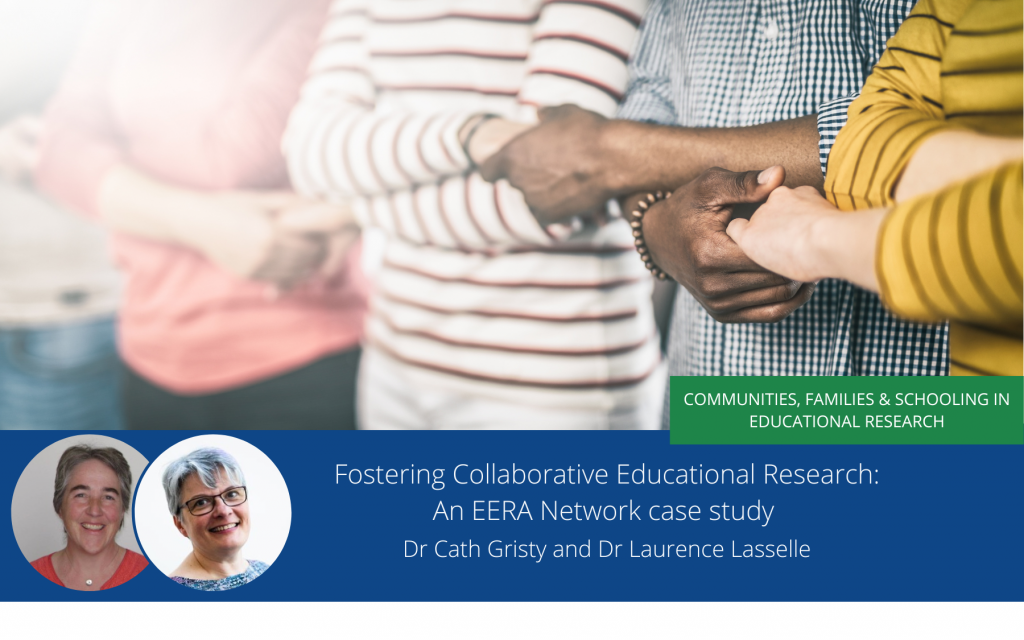
The development and success of the book on educational research in rural Europe are a direct result of collaboration through an EERA network. The book includes contributions from a wide range of authors from across Europe, for some their first publication in English.
The post Fostering collaborative educational research: An EERA Network case study appeared first on EERA Blog.
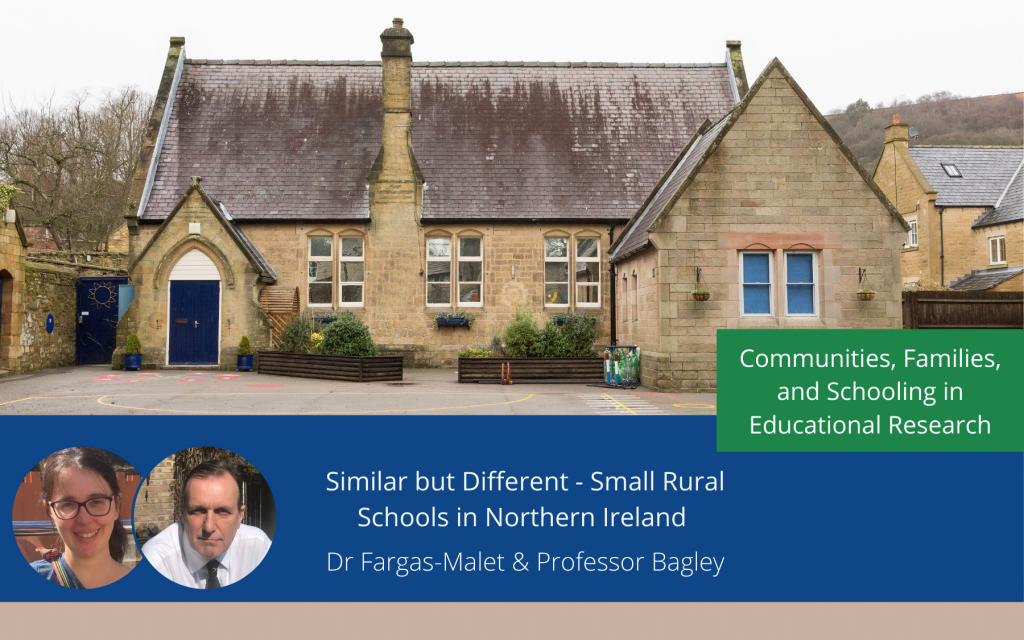
The post Similar but Different: Small Rural Schools in Northern Ireland appeared first on EERA Blog.
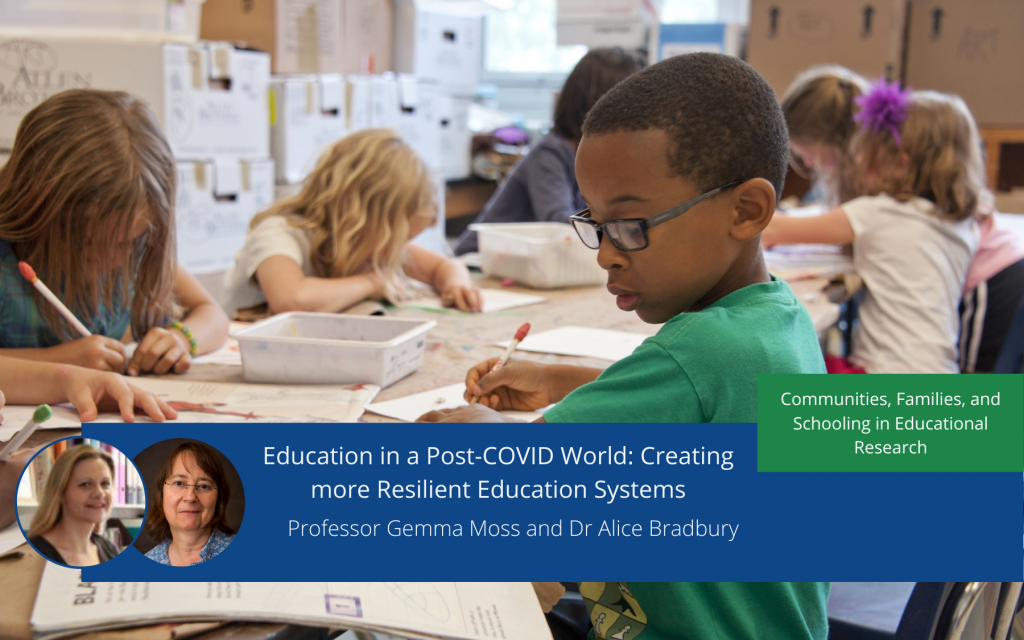
The post Education in a Post-COVID World: Creating more Resilient Education Systems appeared first on EERA Blog.
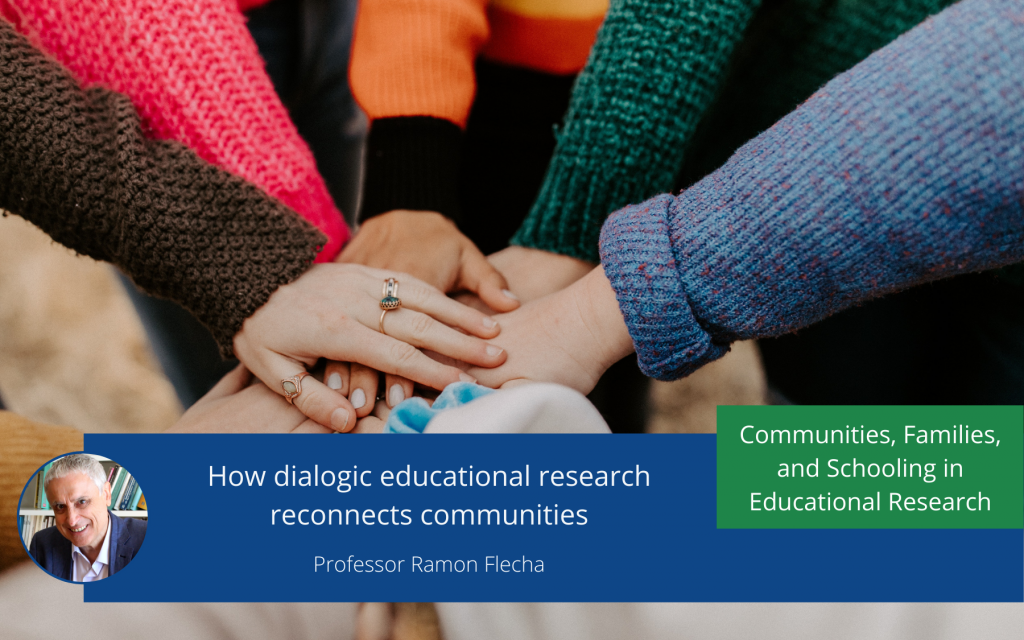
The post How Dialogic Educational Research Reconnects Communities appeared first on EERA Blog.
NW 14 runs a mailing list and invites researchers to join. To join the mailing list, send a blank message to nw14-subscribe(at)lists.eera-ecer.de